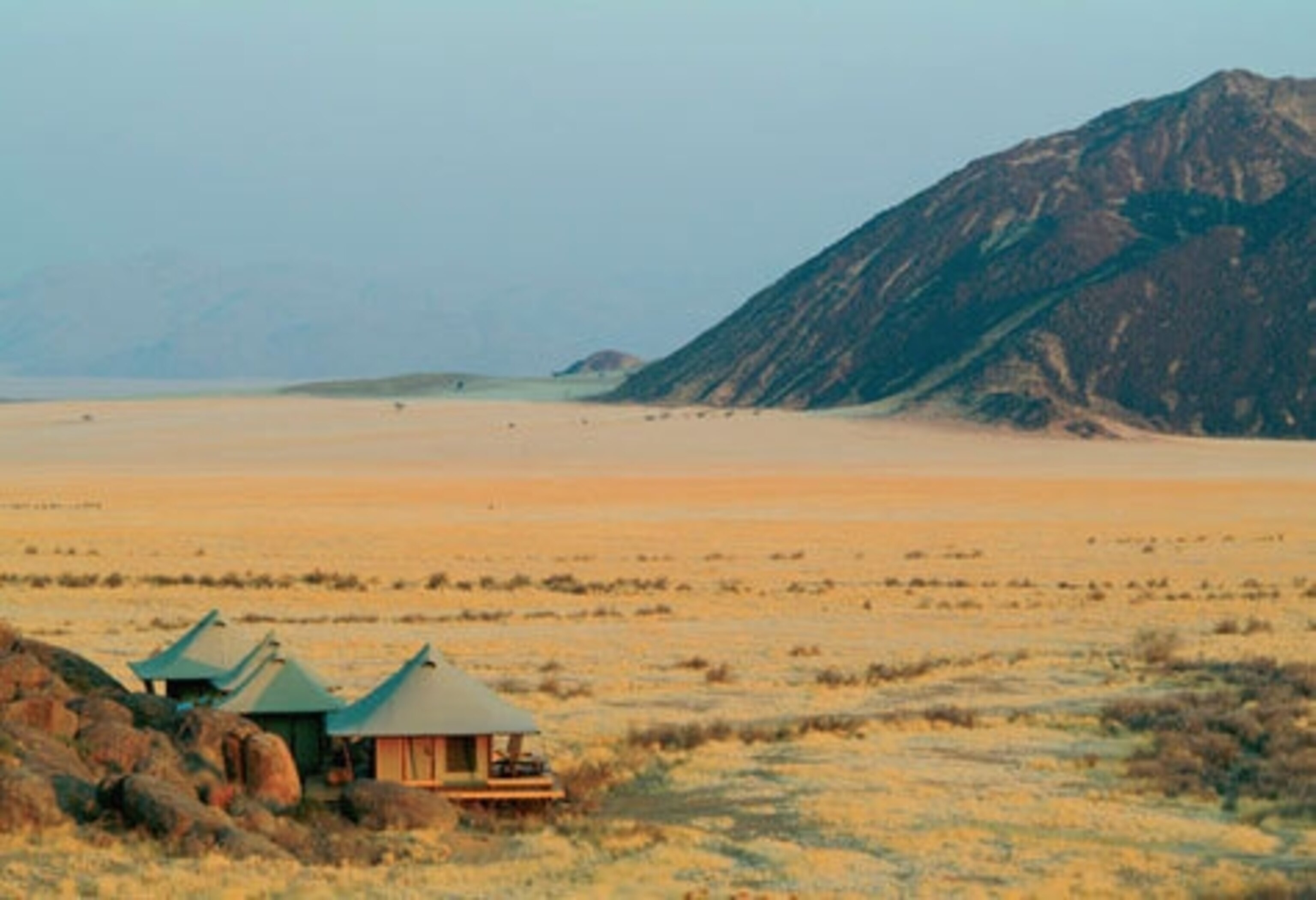For the green-minded traveler, it’s easy to get lost in the jungle of new terms. Ecotourism, geotourism, voluntourism, sustainable tourism—more names keep popping up all the time, threatening to confuse even the most savvy globetrotter. By focusing on the well-established terms listed below, you can understand what really matters in the global movement to make travel an opportunity for protecting the Earth’s cultural and natural heritage.
Ecotourism – Is not a bird watching trip or a wildlife safari. It is "Responsible travel to natural areas that protects nature and sustains the well being of local peoples", the definition coined at the first board meeting of The International Ecotourism Society. When your bird watching trip directly helps protect the habitat where that rare scarlet macaw lives and when the safari you are on brings tangible economic and social benefits to local villagers, it becomes ecotourism. A group of us from around the world came up with this definition of ecotourism after two days of discussion in an old farmhouse outside of Washington DC back in 1990. Then we asked ourselves, who was really practicing it? No one among us could really answer that question. Now, nearly two decades later, there are hundreds of successful ecotourism companies and projects providing models of best practice.
Sustainable Tourism – Takes off where ecotourism stops. It combines environmentally friendly operations (think recycling and alternative energy), natural resource conservation and cultural preservation and aims at the heart of the mainstream tourism industry – from city hotels to ski resorts, from airlines to cruise ships. Sound idealistic? It’s not. Hyatt Hotels is now building their first carbon neutral hotel in New York City and Virgin Airlines tested their first biofuel supported flight across the Atlantic last spring. Sustainable tourism represents the brave new world of travel.
Geotourism – Spawned by the National Geographic Society’s Center for Sustainable Destinations, geotourism merges the concepts of both ecotourism and sustainable tourism and directs them to focus on the geographical character of a destination—its environment, aesthetics, culture, heritage and local residents. It is the sum total of the parts that give a "sense of place" to the locales we like to visit. Consider this the next time you check into a hotel somewhere in the world: Stand in the lobby and imagine that you just magically appeared there, taking a careful look around you. If you cannot tell what country you are in, or worse yet, what continent you are on, you have entered a tourism no-where-land. Seek an escape.
Voluntourism – Marries a vacation with dedicated service to the destination and its residents. Think of it as a mini Peace Corps experience lasting from 2-6 weeks. The options are nearly endless, from working together with community groups to build classrooms in remote Kenyan villages to helping rehabilitate once captive orangutans back into the wilds of Borneo. It’s about seeing the sites, meeting the people, and working together to make things better.
Agrotourism – Does for farming what ecotourism did for nature—brings travelers closer to it, helps them learn more about it, provides them with a fun experience (organic wine tasting anyone?) and in the process helps to support farming as a rural way of life. Quite simply, agrotourism is hosting visitors on a working farm by offering cultural and educational programs. The best examples go much deeper than that by creating awareness about the farm-to-table supply chain and teaching stewardship of the land.
Responsible Travel – This is the umbrella term that incorporates all of the above based on experiencing the world and giving something back. Pulitzer Prize-winning author John Steinbeck might have put it best when he said, "People don’t take trips…trips take people." And I would add that it is what we all leave behind when we travel that really matters to the future of our planet and the people we share it with.
Greenwashing – This is the term used to describe a travel or tourism company that makes claims that they support green practices when, in reality, they do little or nothing at all. The good news is that companies that have made overstated green claims quickly end up regretting it. Aspen Snowmass, for example, had to retract some of their statements about removing tons of carbon from the atmosphere as a way to combat global warming when they could not support their claims with proof. The result was a headline in Business Week about them called "Little Green Lies". (In fairness, Aspen is actually doing great green work in the ski industry, but they went too far in making claims beyond what they were really doing). Today, greenwashing is becoming less of a problem than it was fifteen years ago when ecotourism was just making its way onto the world stage. As the media and travelers themselves become more aware of sustainable tourism practices and business begin to better understand that going green is actually a smart business strategy, we may be headed for the most significant transformation in the history of modern travel – call it the new green standard.
Plan your next green escape with Costas Christ’s guide to the world’s 50 top ecolodges >>
Photograph by Stephan Brueckner/Courtesy of Namibrand Safaris
